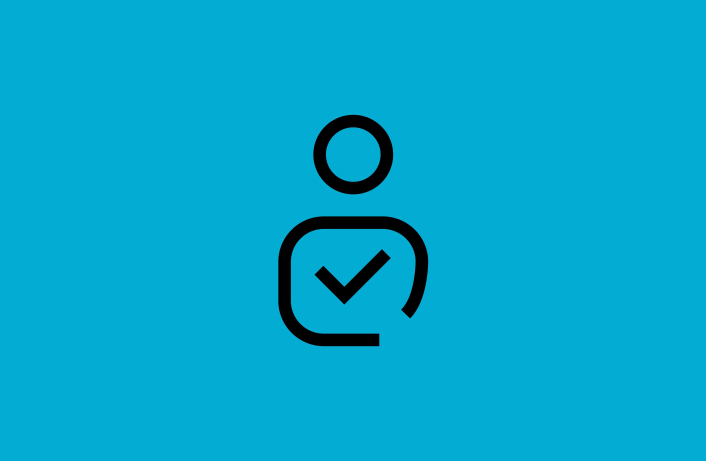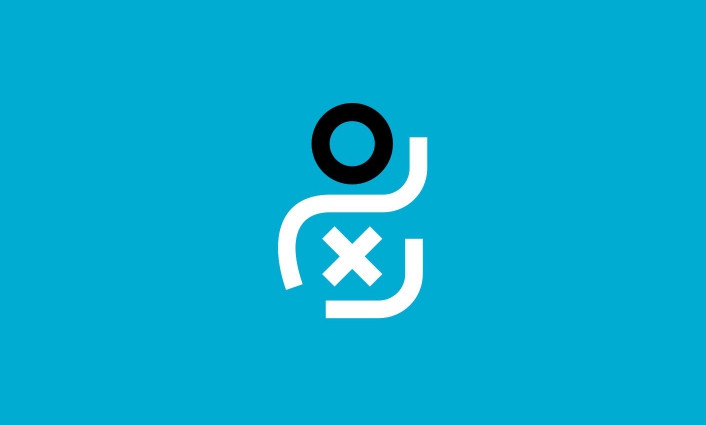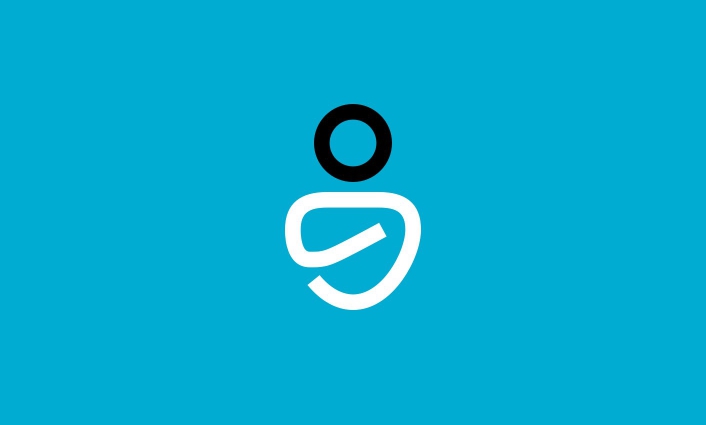
The Human Rights Guide is a free online platform for human rights education and self-help. It aims to help people understand human rights in different situations by explaining them through themes. The Guide not only helps people to learn about human rights and understand their basic issues, but also to assess whether a possible human rights violation has occurred and what to do about it. The Guide is also aimed at professional users whose work involves the application of human rights. It also serves as an aid to human rights learning for students and human rights trainers.
A new theme on civic participation has been added to the Guide. Civic participation is an important part of an individual's social life and a key component of democracy. Civic participation is closely linked to various human rights, including freedom of expression, freedom of association and the right to peaceful assembly, the right to free elections and non-discrimination.
The new theme explains the right to civic participation of citizens and non-citizens and reflects how the law protects this right. The new theme also provides information on how to lodge a complaint and what remedies are available when the right to civic participation is violated.
The civic participation topic includes the following sections:
- What is civic participation?
- Voting
- Standing for election
- Participating in non-governmental organisations and political parties
- Public initiatives
- Public discussions
- Demonstrations & strikes
- Volunteering
- Youth participation
The Human Rights Guide also covers topics such as freedom of expression and media, fair trial, and other themes on topical issues. The Guide also provides information on institutions and organisations that protect human rights in Latvia and Europe, explaining in particular how individuals can turn to them for help.
The Human Rights Guide is produced by the non-governmental organisation Baltic Human Rights Society in cooperation with partner organisations. It is financially supported by the Nordic Council of Ministers' Nordplus Education Programme, the European Union's Erasmus+ Programme and the Active Citizens Fund, and has been granted the patronage of the Ombudsman of the Republic of Latvia and the Latvian National Commission for UNESCO.

